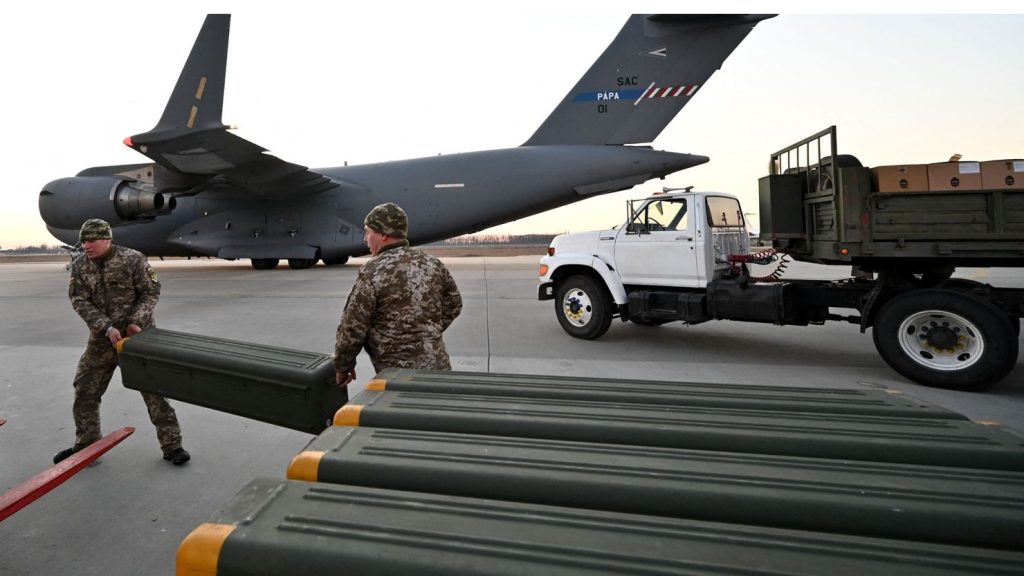News
Visa reforms: UK to limit duration for roles below graduate level

The UK Home Office on Saturday, May 10, 2025, announced new rules that will limit the length of visas for skilled overseas workers who are not taking up graduate-level jobs.
This move is part of a broader strategy set to be unveiled this week to help reduce overall net migration to the UK.
The upcoming policies aim to tighten immigration controls while boosting domestic employment and training.
Under the proposed changes, only jobs rated at level six or higher on the Regulated Qualifications Framework (RQF) will qualify for a standard skilled worker visa.
This level is equivalent to a UK bachelor’s degree, whereas the current threshold is level three, which corresponds roughly to A-level qualifications.
The new policy means that workers taking up jobs below RQF level six will only be granted time-limited visas.
It will supposedly be also and only when there is clear evidence of a labour shortage critical to the UK’s industrial strategy.
In addition, employers seeking to recruit workers for these lower-skilled roles must demonstrate a plan to improve domestic hiring and training.
This is designed to reduce long-term dependence on foreign labour by building up the UK’s internal workforce capacity.
Home Secretary Yvette Cooper described the measure as a “decisive action.”
She said that this move is aimed at:
- regaining control over immigration,
- strengthening domestic training programs, and,
- supporting economic growth while lowering net migration figures.
Cooper is scheduled to present a government white paper on Monday, outlining a broader immigration reform plan.
This move is seen as a response to growing political pressure.
This is particularly from Reform UK, a political party that has gained recent traction with its strong anti-immigration stance.
Although the number of skilled visas issued has already declined in recent years, these new restrictions may present challenges for industries heavily reliant on foreign labour, such as the care and hospitality sectors.
In particular, concerns have been raised that these changes could make it harder for care providers to operate.
This is especially if there is no parallel investment in attracting and training UK-based workers.
To address this issue, the government is establishing the Labour Market Evidence Group.
This body will include representatives from government, industry, skills organizations, and the Migration Advisory Council.
The group’s purpose is to analyze which sectors are overly dependent on overseas workers and recommend solutions, including increased investment in training local workers.
The pressure on Cooper and the Labour government to cut immigration numbers has intensified.
Reform UK recently gained control of 10 local councils in the May elections and is now leading national opinion polls with a platform focused on significantly curbing migration.
In announcing the skilled visa reforms, Cooper criticized the previous Conservative administration.
She accused it of replacing the EU’s free movement system with a “free market experiment” in immigration.
She argued that this approach failed to address domestic skills shortages, weakened public trust, and harmed the economy.
Statistics from the Migration Advisory Council show that the number of lower-skilled foreign workers entering the UK has already decreased in recent years.
Analysts say it is not yet clear how much these changes will reduce net migration,.
Meanwhile, the number of degree-level skilled migrants has remained stable at around 75,000 per year.
Nadra Ahmed, executive chair of the National Care Association, expressed concerns about the impact these visa restrictions could have on the care sector.
Around 70,000 care workers currently come from overseas, and the sector is already facing approximately 120,000 unfilled positions.
Ahmed warned that without proper funding and a strategy to improve pay for domestic workers, the situation could worsen.
“If we make it harder to bring in overseas workers without fixing the pay and conditions for domestic workers, care providers may be forced out of business,” she said.
“That would hurt the very people who need support the most.”
The government now supposedly faces the challenge of balancing stricter immigration rules with the need to sustain key industries and support economic growth.
This it reportedly hopes to achieve through a trained, domestic workforce.
For Diaspora Digital Media Updates click on Whatsapp, or Telegram. For eyewitness accounts/ reports/ articles, write to: citizenreports@diasporadigitalmedia.com. Follow us on X (Fomerly Twitter) or Facebook











